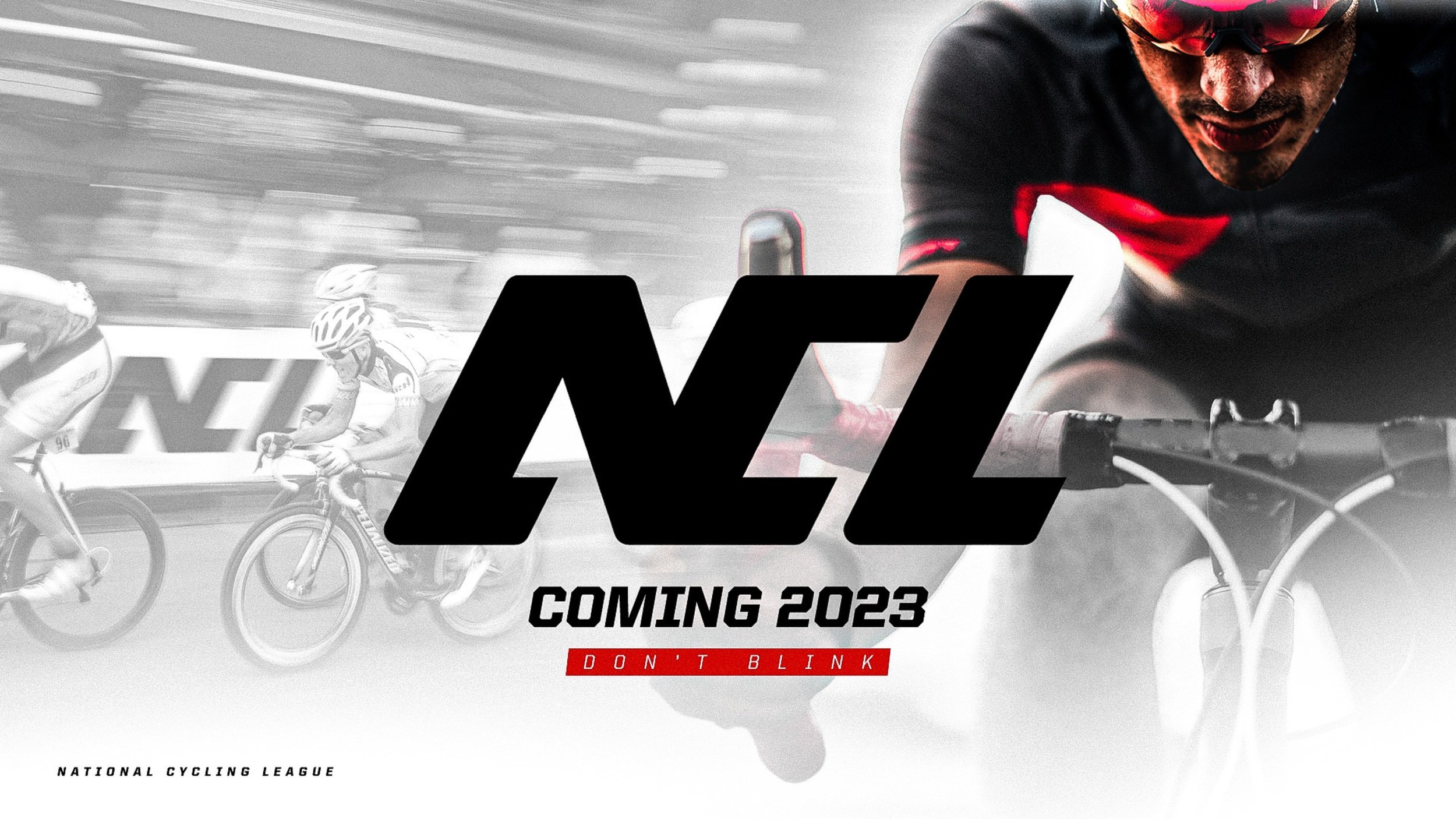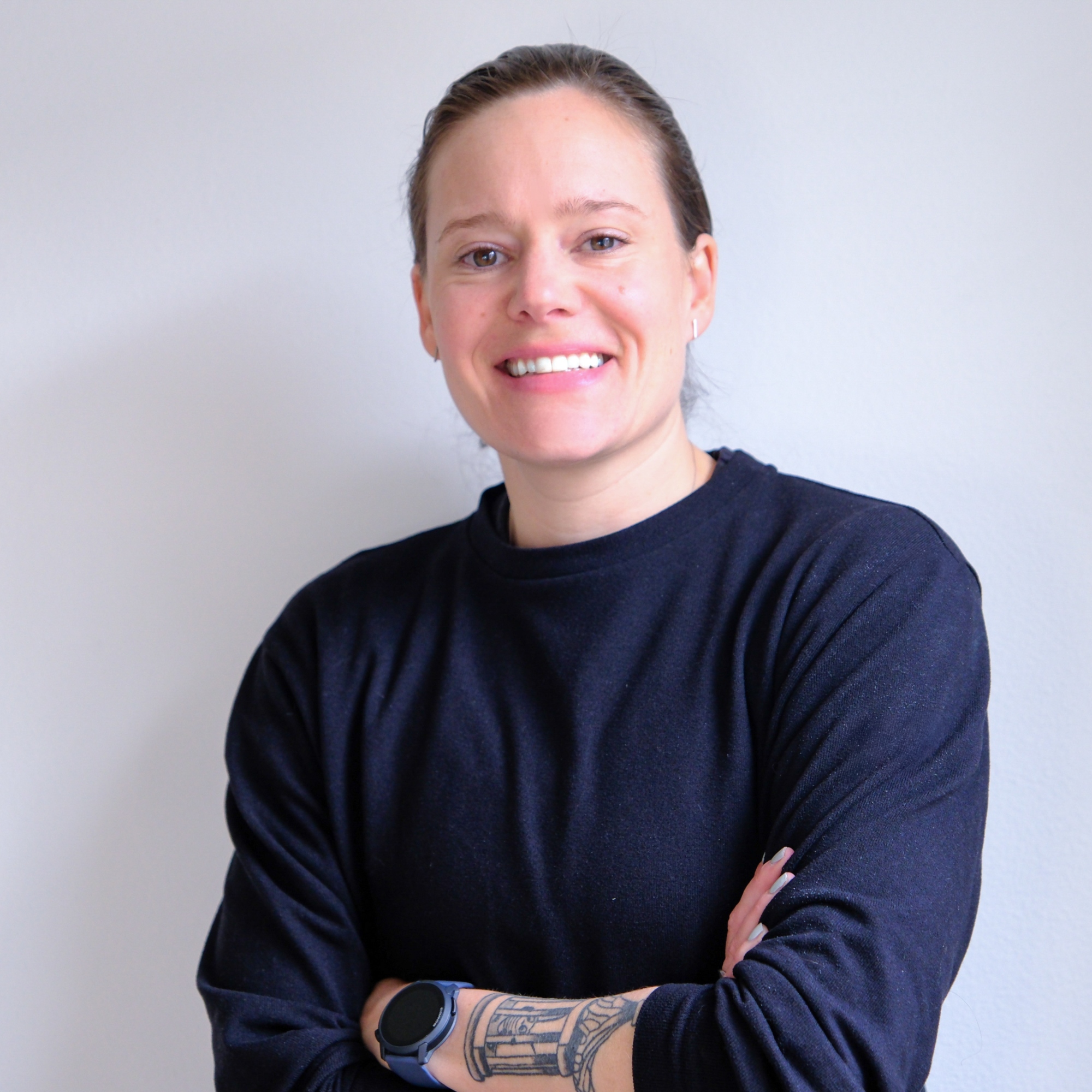The newly formed National Cycling League: a gimmick or the future of American bike racing?
America’s top criterium teams react to the formation of an all-new professional cycling league


The latest race content, interviews, features, reviews and expert buying guides, direct to your inbox!
You are now subscribed
Your newsletter sign-up was successful
It’s no secret that road cycling in America is struggling. Field sizes at amateur events across the country are dwindling and international events like the Coors Classic (later, the Colorado Classic), the Tour of California and the Tour of Utah have all folded due to lack of financial support.
Only four UCI races remain and they barely reach beyond the local newspapers, let alone offer enough incentive for international stars to come and cross the waters. And without a superhero to get behind, American sports fans pay little attention to what happens abroad, even if young American talent is netting stage wins.
With online streaming, big prize purses and an action-packed hour of racing in the heart of American cities, the only road racing that’s surviving is criterium racing but even there, the heydays are spoken about in past tense.
Hoping to reignite America's cycling fandom, the National Cycling League (NCL) announced the formation of a “professional sports league of the future” earlier this month with a unique approach to American bike racing.
Making its debut in 2023, the professional cycling league will consist of a championship-style season, with the NCL organizing a series of closed-course, 1-2km criterium races in major cities across the country.
Similar to the Franchise systems we’re familiar with in most North American professional ball sports, the NCL will be location-based with each chosen city being home to one team.
This is likely to boost fandom through igniting some good ol’ hometown spirit.
The latest race content, interviews, features, reviews and expert buying guides, direct to your inbox!
Each team will consist of 16 riders, eight male and eight female. While the men and women will compete in separate events, they’ll be equally compensated and everyone will earn points toward earning the championships and with it, what the NCL claims to be, the largest prize in the history of criterium racing. The actual amount has yet to be disclosed, however and it is also unclear at this time how the NCL intends to form the teams — will riders from trade teams be loaned to a city team or will they field their own, all new teams?
Where the NCL further diverges from the criterium racing we know today, is that the riders will be outfitted with wearable technology to stream data live during races, which will exist in both the real and virtual world at the same time. In other words, fans will be able to ride alongside the pros in real-time via a virtual platform.
And unlike traditional scoring in which the first person across the finish line at the end of the race nets the dub, the NCL will have a points-based scoring system in which points are earned after each lap. The NCL hopes that this system will create a more competitive and exciting racing throughout the entire event and series.
Interestingly, the NCL was dreamt up by people who don’t come from the cycling world at all. Paris Wallace is the founder and former CEO of the health and technology company, Ovia Health, and David Mulugheta is a highly successful sports agent for the National Football League (NFL).
Together, Wallace and Mulugheta, have attracted financial backers from far and wide. The initial announcement mentions ‘strong financial support’ from industry-leaders in the sports, business and entertainment sectors, NFL stars, reporters and venture capitalists including Founder Collective and Collab Capital, NFL’s Jalen Ramsey of the Los Angeles Rams, Derwin James of the Los Angeles Chargers, Kevin Byard from the Tennessee Titans, journalist Emmanuel Acho from Fox Sports, and Michele Roberts, the former executive director of the National Basketball Players Association.
This is not the first time, however, that the U.S. has seen a city-based cycling league. In the late 1980s an unrelated yet identically named National Cycling League was formed, also with strong NFL ties including the NCL owner at the time, Franco
City teams were formed in Boston, Houston, L.A., Miami, New York, Pittsburgh, Portland, San Diego, San Francisco and Seattle. They later even added a few European teams from London, Milan and Amsterdam.
Made for T.V and for the short-attention-span Americans sports fan, the format was a blend between a criterium and a points race in that the peloton completed a set number of laps over the course of race periods with a 10-minute intermission in between each period. On every third lap the riders sprinted for the top five places to receive points for their teams. The team with the most points at the end of the race won.
Most of the participating riders belonged to traditional road cycling trade teams outside of the League, including familiar names like Chris Horner, Steve Tilford, Nelson Vails, Kurt Stockton and Alan McCormack.
While there was initial excitement around the League, it never truly took off. Neither traditional cycling media nor mainstream media devoted much ink or time to helping the League build the American fandom it sought, and perhaps the League was never truly respected as “real cycling” by the rest of the cycling world. It soon ran into some financial troubles and folded after just five years.
Will this second go at a National Cycling League be more successful?
Pointing to America’s bike ridership of 60 million the new NCL believes American professional cycling is ‘positioned to become one of the most popular sports in the world.’
That is, if it’s done the right way.
"I've been in the sports industry for 15 years and this is the most exciting opportunity I've seen," Mulugheta said in a statement.
"Beyond the substantial number of people who bike, the ability to build the league from the ground up allows us to get the business, the values, and the ownership structure right. This is why so many professional athletes, entertainers, and people of influence are so excited about what we are building."
Despite stating interest from venture capitalists, mainstream sports media and NFL stars, the NCL has yet to demonstrate any collaboration with or involvement from existing cycling teams and events. The NCL might be working with the American cycling governing body, USAC, for sanctioning but America’s top criterium teams are still unsure what exactly to make of the new league and what it’ll mean for them.
"We are excited to see the continued investment in American criterium racing. As we have stated from the beginning, crits are the future of racing here in the States. As a core foundation of the L39ION of Los Angeles, we are glad to see the NCL shares our vision of increasing equality, equity, and community within cycling,” Justin Williams, CEO and racer of L39ION of Los Angeles told Cycling Weekly.
“The NCL has hired a former employee of ours who has taken our vision to continue to grow the sport with him. He introduced me to this group of investors in 2021; however, we weren’t aligned with our objectives on how to grow the sport, and there were some fundamental differences.
Beyond racing and prize money, we encourage the NCL to take the necessary steps to cultivate meaningful connections with the communities where races will be held. L39ION will continue to grow our vision for cycling until the right partners come along that we believe can take it to the next level. Our goal is to continue to focus on building communities, raising the status of the sport, and placing value on the athletes and their best interests.”
Williams added that L39ION has yet to determine its 2023 schedule and could not comment on whether the team or any of its riders would make an appearance in the inaugural NCL series.
“More races, and more importantly, more well-organized races, should be a good thing,” commented Cathy Fegan-Kim, co-owner of the successful DNA Pro Cycling women’s team.
“As a UCI Continental women’s team, we are not focused exclusively on criteriums; we concentrate on racing quality events that provide a challenge for our riders as well as high-visibility for our fans and partners. Such races include the North American UCI stage races, the one day UCI road races and classic stage races for example Redlands, and the big name criteriums like Tulsa Tough and the Armed Forces Cycling Classic. From just the NCL press release, it is difficult to understand exactly what is being offered in the new league, so we’ll wait to comment as more information becomes available. It certainly sounds exciting."
At the time of publication, Cycling Weekly had yet to hear back from a NCL representative. We hope to learn more about the ins and outs of the NCL as we near the new year.

Cycling Weekly's North American Editor, Anne-Marije Rook is old school. She holds a degree in journalism and started out as a newspaper reporter — in print! She can even be seen bringing a pen and notepad to the press conference.
Originally from the Netherlands, she grew up a bike commuter and didn't find bike racing until her early twenties when living in Seattle, Washington. Strengthened by the many miles spent darting around Seattle's hilly streets on a steel single speed, Rook's progression in the sport was a quick one. As she competed at the elite level, her journalism career followed, and soon, she became a full-time cycling journalist. She's now been a journalist for two decades, including 12 years in cycling.